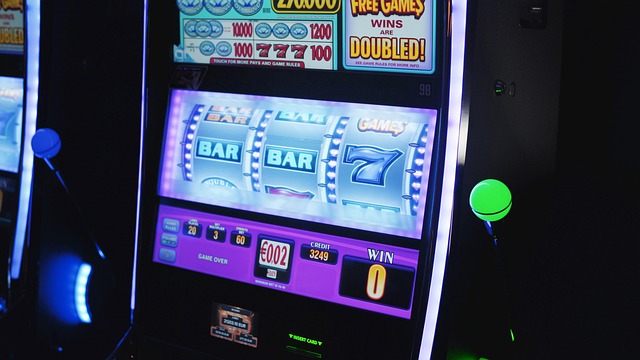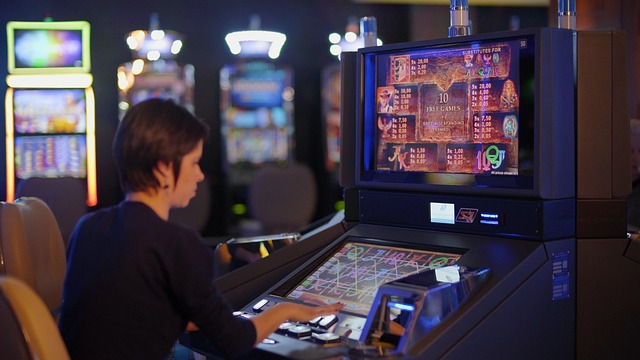Online casinos like HellSpin casino have revolutionized the gambling industry, offering players convenience, variety, and an immersive gaming experience from the comfort of their own homes. One of the most enticing aspects of online casinos is the plethora of bonuses and promotions they offer to attract and retain players. These bonuses range from welcome bonuses and free spins to cashback offers and loyalty programs. But what is the psychology behind these incentives, and how do they influence players? In this article, we delve into the intricate world of online casino bonuses to explore their psychological impact on players.
The Power of the Reward System

At the core of the psychology of online casino bonuses lies the human reward system. When a player receives a bonus, such as a deposit match or free spins, their brain releases dopamine, a neurotransmitter associated with pleasure and motivation. This rush of dopamine reinforces the behavior of playing and can create a sense of excitement and anticipation. The reward system, which is deeply rooted in human evolution, is precisely what online casinos exploit to keep players engaged.
The Reciprocity Principle
The reciprocity principle is a fundamental concept in psychology that states that when someone receives something, they are more likely to give something in return. Online casinos leverage this principle by offering bonuses as a form of “gifts” to players. When players receive these gifts in the form of bonuses, they feel a sense of obligation to reciprocate by continuing to play at that specific casino. This strategy not only attracts new players but also encourages existing ones to remain loyal.
Cognitive Dissonance Reduction
Cognitive dissonance is the discomfort people feel when they hold conflicting beliefs or attitudes. In the context of online casinos, players may experience cognitive dissonance if they deposit money and don’t win. Bonuses play a role in reducing this dissonance. When players receive a bonus, they perceive it as a consolation prize, mitigating their feelings of loss. This reduction in cognitive dissonance encourages players to continue gambling in an attempt to resolve the dissonance and potentially win.
The Illusion of Control

Online casinos often frame their bonuses in a way that gives players a sense of control over their gambling experience. For example, they may offer bonuses with low wagering requirements or allow players to choose from different bonus options. This illusion of control makes players feel that their decisions can influence the outcome, even though most casino games are based on chance. Players are more likely to engage in prolonged gaming sessions when they believe they have some control, which is precisely what online casinos want.
Fear of Missing Out (FOMO)
The fear of missing out (FOMO) is a psychological phenomenon that drives people to take action to avoid feeling left out or excluded from a beneficial opportunity. Online casinos capitalize on FOMO by offering limited-time bonuses and promotions. Players who fear missing out on these time-sensitive offers are more likely to deposit and play, even if they hadn’t initially planned to do so. This sense of urgency can lead to impulsive decisions and increased gambling activity.
Loss Aversion
Loss aversion is another psychological principle that online casinos exploit. It refers to the tendency for people to strongly prefer avoiding losses over acquiring equivalent gains. When players receive bonuses, they are more likely to view their deposits as “protected” money, which they are less hesitant to wager. This can lead to riskier gambling behavior as players are more inclined to take chances with the bonus funds, believing that they have less to lose.


